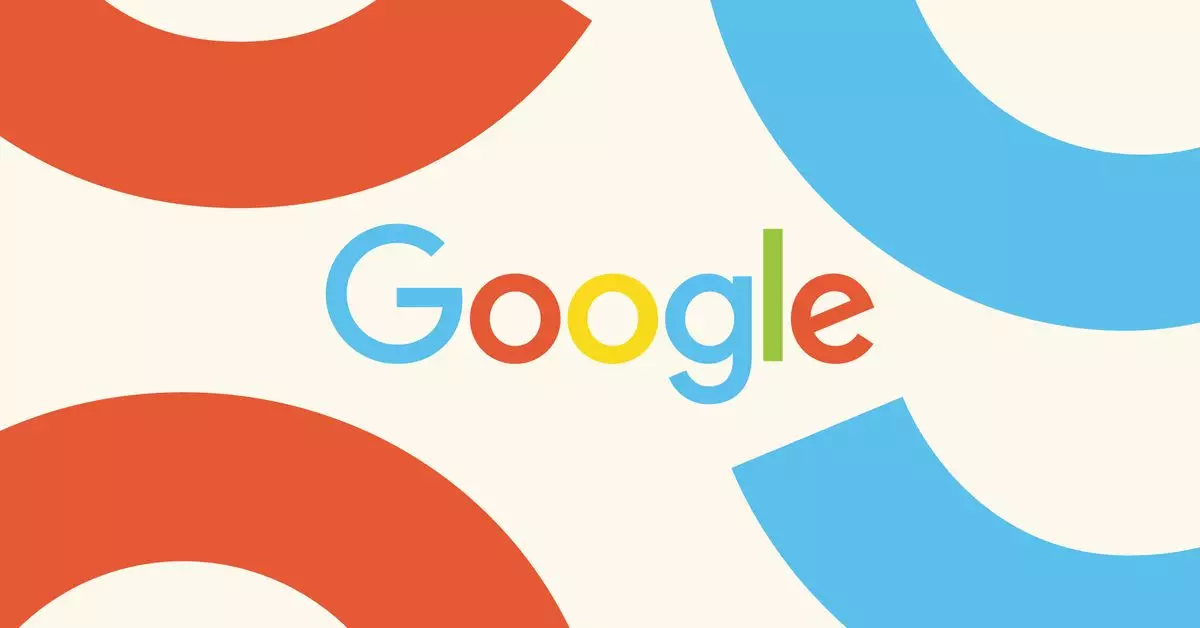In an era where misinformation can spread like wildfire, tech giants are increasingly taking proactive measures to ensure the integrity of democratic processes. Google, a leader in the online advertising space, is set to implement a ban on advertising related to the United States presidential election once polls close on November 5th. This decision is not merely reactionary; it reflects the company’s ongoing commitment to responsible ad practices, especially in the wake of heightened scrutiny surrounding political discourse in digital media.
This is a repeat of the strategy employed during the 2020 election, marking a significant moment in how tech companies are beginning to view their roles in the electoral process. By halting all election-related advertising post-Election Day, Google aims to curb potential confusion and misinformation that can arise as votes continue to be counted in the days following the election. In 2020, the counting of mail-in ballots led to delays in confirming election outcomes, a situation that Google seeks to avoid this time around.
Google’s rationale echoes larger sentiments within the tech community regarding the importance of clarity in political messaging. The company articulated its stance by highlighting an “abundance of caution.” This phrase encapsulates not just Google’s motivation but also underscores a broader ethos among digital platforms to create a safer environment for users during politically sensitive times. Given the unprecedented circumstances of the last election—marked by a pandemic and widespread mail-in voting—it is crucial for platforms to adapt their policies to protect against misinformation tactics that could exploit voter uncertainty.
Moreover, it is notable that Google is not alone in this initiative. Comparable measures are being adopted by Meta (formerly Facebook), which is also limiting the run of new political advertisements during the campaign’s final week. This partnership among tech giants to prioritize integrity over profit during vulnerable electoral phases should signal a shift in corporate governance where the wider societal implications of their activities are considered.
As these tech entities tighten their grip on the nature of political advertising, the implications for advertisers, consumers, and the electoral landscape are profound. Advertisers will have to navigate new challenges and adapt strategies to align with these evolving policies. Furthermore, this ban could influence public discourse, affecting how individuals engage with political content online in the designated time frames and encouraging greater responsible consumption of information.
Ultimately, Google’s decision to enforce this advertising ban reflects a larger trend toward accountability in the digital advertising realm. It’s a decisive step toward ensuring that technology serves the democratic process rather than undermining it. As the election date approaches, all eyes will be on how effectively these policies are enforced and their impact on the political landscape—a critical area for continued observation in our increasingly digitalized world.


Leave a Reply